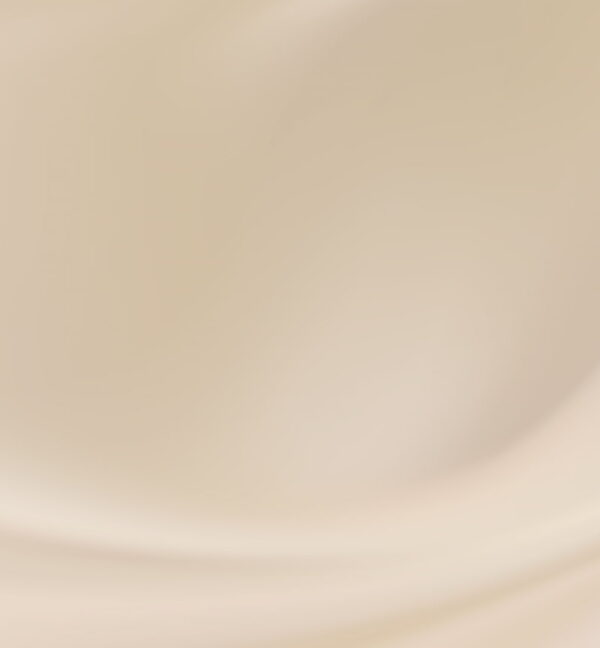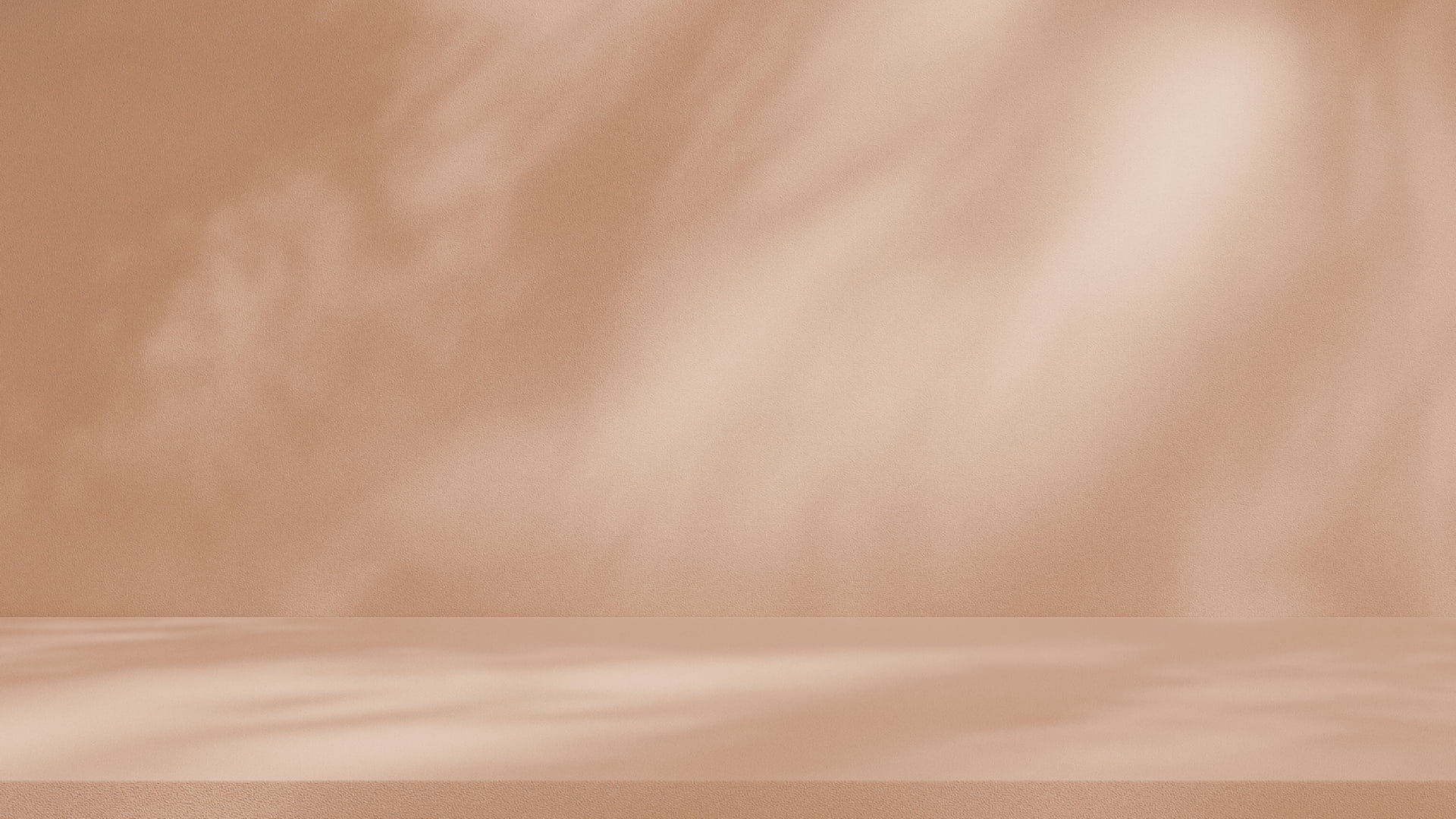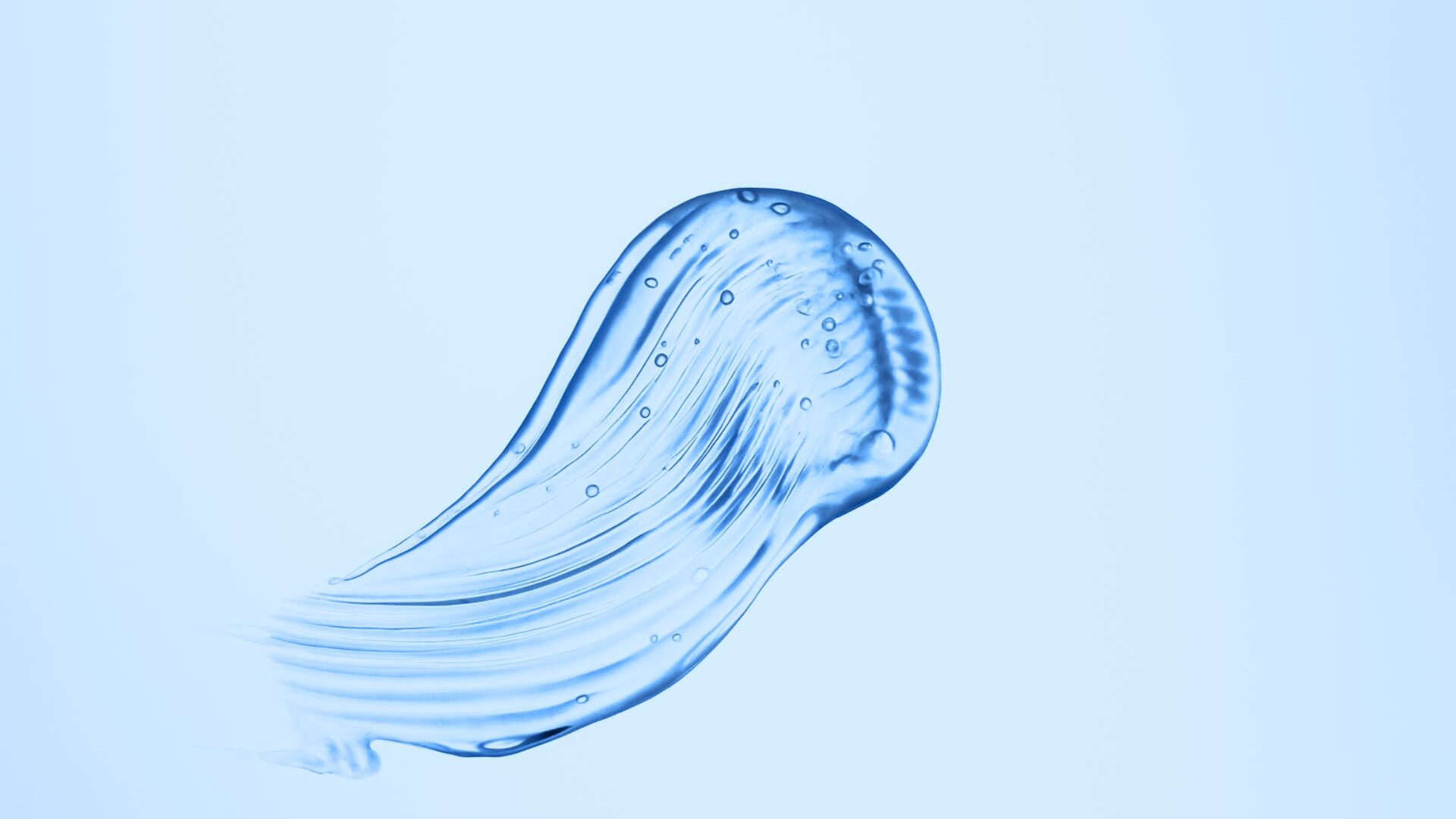SUBSCRIBE TO OUR NEWSLETTER & RECEIVE $25 OFF* LEARN MORE
Acne scars
Book an appointment
Book an appointment
Acne scars are a visible reminder of a skin journey that may have involved both physical discomfort and emotional resilience. These marks can take the form of surface irregularities such as indentations, uneven texture, or changes in pigmentation. Often, they remain long after active breakouts have resolved, which can make it challenging to fully move forward with ease and confidence.
Although they are completely natural, acne scars can feel disheartening, especially when you have taken thoughtful care of your skin. They may subtly change the way light reflects on the face or affect how makeup wears, but more importantly, they can influence how you feel in your own skin.
Fortunately, skin deserves a chance to renew with support and intention. With treatments designed to restore balance by gently stimulating collagen and refining texture, it is possible to help your skin feel more at peace and your reflection more aligned with how you feel inside.
Inflammatory Acne
Scarring most often results from moderate to severe inflammatory acne, the kind that includes papules, pustules, nodules or cysts. When pores swell and rupture deep within the skin, the surrounding tissue becomes damaged, triggering the body’s repair response. In some cases, that healing leaves behind irregular texture or pigmentation.
Collagen Loss or Excess
Depending on how your skin heals, acne may lead to either atrophic (depressed) or hypertrophic (raised) scars:
- Hypertrophic or keloid scars develop when the skin produces too much collagen, creating raised, often firm tissue at the site of past breakouts.
- Atrophic scars (like ice pick, boxcar, or rolling scars) form when not enough collagen is produced during healing, leaving visible indentations.
Delayed or Improper Treatment
When acne is left untreated or aggressively picked, squeezed or scrubbed, it increases the risk of lasting damage. Early intervention can reduce the likelihood of scarring, but even with care, some skin types are more prone to long-term marks.
Post-Inflammatory Hyperpigmentation (PIH)
Although not technically a scar, PIH is a common result of acne, especially in medium to darker skin tones. It appears as brown, red or purple marks where pimples once were. While these usually fade over time, they can persist for months without targeted treatment.
Skin Type and Genetics
Your skin’s natural healing response and genetic predisposition play a role in whether or not you scar after acne. Some individuals are more prone to deeper tissue damage or pigment changes, even from mild breakouts.
At Victoria Park Medispa, we offer clinically proven, non-invasive treatments that stimulate collagen production, resurface the skin, and reduce visible scarring. Whether your scars are textural, pigmented, or a combination of both, our expert medical team will design a personalized plan to help restore your skin’s smoothness and radiance, with care that goes beyond the surface.
Acne Scars
Solutions

Morpheus8 (Microneedling with RF)
Morpheus8 combines microneedling and radiofrequency to stimulate deep collagen, improving pitted acne scars and refining texture.
Who it’s for: Indented scars like ice pick, boxcar, or rolling.
Treatment plan: Usually 3 sessions, 4 to 6 weeks apart, with maintenance as needed.
Results: Smoother texture and reduced scar depth after 1 to 2 treatments, improving over 3 to 6 months.

Microneedling
Microneedling uses fine needles to create micro-injuries that stimulate collagen, improving tone, texture, and mild acne scars.
Who it’s for: Mild atrophic scars or post-acne texture irregularities.
Treatment plan: Usually 3 to 6 sessions, 4 to 6 weeks apart, sometimes combined with serums or PRP.
Results: Smoother texture and improved tone after a few sessions, with continued regeneration over months.

Halo™ Laser
Halo™ combines ablative and non-ablative lasers to treat both surface and deep skin layers, improving texture, fading scars, and evening tone.
Who it’s for: Moderate to severe acne scars with texture and pigmentation concerns.
Treatment plan: Single treatment or 2 sessions, a few months apart.
Results: Smoother, clearer skin within weeks, with continued improvement over months.

CO2 Laser
This ablative laser removes damaged skin and stimulates deep collagen to improve the texture and depth of acne scars.
Who it’s for: Moderate to severe atrophic or pitted scars needing significant resurfacing.
Treatment plan: Usually 1 to 2 sessions, spaced several months apart.
Results: Noticeable texture improvement after one session, with continued remodeling over 3 to 6 months.

Dermal Fillers
Dermal fillers restore volume under depressed scars, smoothing the skin and reducing shadowing.
Who it’s for: Shallow, rolling, or boxcar scars that cause uneven texture or dimpling.
Treatment plan: Single session, sometimes combined with lasers or microneedling; maintenance every 6 to 12 months.
Results: Immediate softening and smoother skin, lasting several months to a year.

Skin Boosters Injections
Skin boosters use micro-injections of hyaluronic acid to deeply hydrate the skin, improve elasticity, and create a smoother, more radiant surface.
Who it’s for: Individuals with dull, dry skin, fine lines, or uneven texture.
Treatment plan: Typically 2 to 3 sessions, 3 to 4 weeks apart, with maintenance every 6 to 12 months.
Results: Softer, plumper, and more luminous skin, with improved texture and hydration visible within weeks.

MeLine Peels
MeLine® Peels are advanced depigmenting and resurfacing treatments that exfoliate the skin, reduce post-inflammatory pigmentation, and prepare the skin for deeper procedures by improving tone and cellular turnover.
Who it’s for: Post-acne hyperpigmentation or uneven tone, and those preparing for laser or microneedling treatments.
Treatment plan: Typically 2 to 4 sessions, spaced 3 to 4 weeks apart, often paired with at-home skincare for optimal results.
Results: Brighter, more even skin tone, reduced pigmentation, and enhanced results from subsequent treatments over several weeks.

Exosome Therapy
Exosome therapy revitalizes acne-scarred skin by delivering powerful regenerative growth factors that accelerate healing and stimulate new collagen formation. It helps smooth textural irregularities while restoring a clearer, more refined surface.
Who it’s for: Individuals with acne scars or uneven skin texture seeking natural skin regeneration.
Treatment plan: 3 sessions spaced 4 to 6 weeks apart.
Results: Gradual improvement in scar softness, skin smoothness, and overall luminosity over several weeks.

Non-Ablative Fractional Laser
Non-Ablative Fractional Laser resurfaces acne-scarred skin by stimulating collagen beneath the surface without damaging the outer layer. It smooths texture, minimizes pore size, and promotes lasting skin renewal.
Who it’s for: Clients with mild to moderate acne scars, enlarged pores, or uneven texture.
Treatment plan: 3 to 5 sessions spaced 4 weeks apart.
Results: Progressive scar refinement, smoother texture, and clearer, more even-toned skin.

Picoway Laser
PicoWay® precisely targets both pigment and textural irregularities caused by acne scars. Its rapid pulse technology stimulates collagen while breaking up scar-related pigmentation for visibly smoother skin.
Who it’s for: Men and women with red, brown, or pitted acne scars seeking a gentle yet effective option.
Treatment plan: 3 to 5 sessions depending on severity.
Results: Noticeably softer scars and more even skin tone after a series of treatments.

Plasma Facial Rejuvenation
Plasma Facial Rejuvenation uses your own platelets to trigger skin repair and collagen regeneration, improving the tone and texture of post-acne skin naturally.
Who it’s for: Plasma Facial Rejuvenation uses your own platelets to trigger skin repair and collagen regeneration, improving the tone and texture of post-acne skin naturally.
Treatment plan: 3 sessions every 4 to 6 weeks.
Results: Smoother, more luminous skin with ongoing collagen renewal over time.

MD Formula Peels
MD Formula Peels refine post-acne skin by gently exfoliating damaged layers and fading discoloration. These advanced formulations promote clearer, more uniform skin with improved softness.
Who it’s for: Clients with mild acne scarring or uneven tone.
Treatment plan: 3 to 6 sessions depending on scar depth.
Results: Gradual scar softening and enhanced clarity with visible refinement after each peel.

Not sure which treatment is right for you ?
Schedule a complimentary consultation with our experts to discuss your needs
WHY CHOOSE
VICTORIA PARK MEDISPA
-
Financing
Our partnership with Beautifi means our patients can get the treatments they deserve with low-interest, flexible monthly payments.
-
Price match policy
If you discover a better price on laser-based aesthetic services, let us know, and we’ll match that figure.*Details apply.
-
Access to the best experts
Our medical team is made up of the country’s top board-certified plastic surgeons and dermatologists. These experts are supported by a team of dedicated registered nurses who are passionate about helping you achieve your aspirations.
FAQ
Got questions about acne scars? We’ve got answers!
The best treatment depends on your scar type, depth, and skin tone. Deeper rolling or boxcar scars often respond well to Morpheus8 or HALO™ laser, while surface-level texture and pigmentation can be improved with options like microneedling or Meline chemical peels. In some cases, dermal fillers may be used to lift deeper indentations. Your provider will customize a plan based on what your skin truly needs.
Scars can’t be erased entirely, but they can be significantly softened. With the right treatment plan, it’s common to see a 50 to 70 percent visible improvement in skin texture and tone.
Downtime varies based on the treatment. Lighter procedures like microneedling or peels may cause mild redness or flaking for a day or two. More intensive treatments like Co2 laser may involve five to seven days of recovery. We provide detailed post-care instructions to support healing at every step.
Yes. Treatments are always customized to your skin tone and sensitivity. Modalities like radiofrequency microneedling and fractional lasers with adjusted settings can safely remodel scars without increasing the risk of hyperpigmentation.
Initial improvements in smoothness and clarity are often visible within the first few weeks. Collagen remodeling continues over time, with full results developing over three to six months, especially with treatments like Morpheus8 or HALO.
Discomfort is minimal. Topical anesthetic can be applied beforehand, and most clients describe the sensation as light heat or mild tingling, depending on the treatment.
No. When performed by experienced providers, acne scar treatments are controlled and safe. We use medical-grade protocols designed to improve skin integrity, not compromise it. Following your post-care plan helps ensure the best outcome.
Yes. Once collagen has rebuilt and scars have softened, results are long lasting. Continued sun protection and medical-grade skincare, including SkinVive™ boosters when appropriate, help maintain your skin’s renewed texture and glow.
Recent
articles
Request an appointment
Let's get in touch
Not ready to book your consultation yet? Contact us by filling in the form below or call us at 514.488.8668 to discuss your questions with a member of our Appointment Concierge Team. We look forward to helping you.




